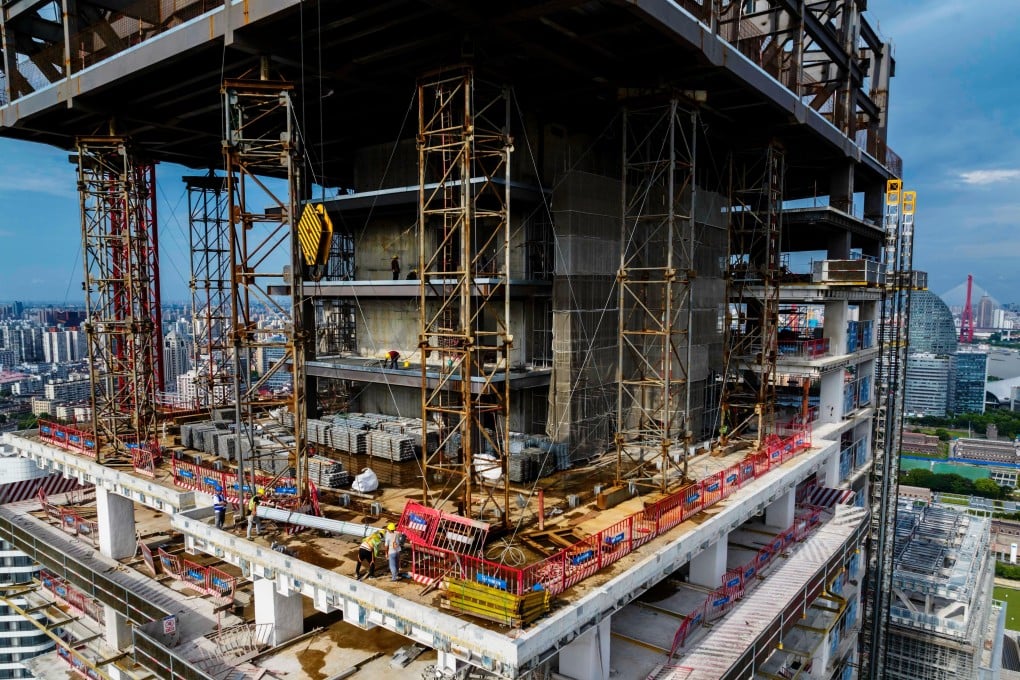China can ‘demonstrate ethical decarbonisation’ in construction sector, which requires massive emissions cuts, UN and Yale report says
- Built environment sector has received only a small fraction of climate-focused funding for research and development compared to other sectors, report says
- China has ‘a huge opportunity to demonstrate ethical decarbonisation’, Yale professor says

The industry was responsible for 37 per cent of global carbon dioxide emissions in 2021, and rapid urbanisation worldwide has continued to drive up pollution, with the addition of buildings equivalent to the size of Paris every five days and floor space estimated to double by 2060, according to the report published on Tuesday.
“The built environment sector is one of the largest contributors to climate change … yet the built environment has received only a small fraction of climate-focused funding for research and development compared to other sectors,” the report said.
Although investment in the energy efficiency of building operations increased 16 per cent among Group of Seven countries in 2021, such commitments “pale in comparison” to what is required to decarbonise the built environment, it added.
“Net zero in the building and construction sector is achievable by 2050, as long as governments put in place the right policy, incentives and regulation to bring a shift in industry action,” said Sheila Aggarwal-Khan, director of UNEP’s Industry and Economy Division.
Decarbonising the sector requires cooperation across multiple stakeholders throughout the building life cycle to bring down emissions associated with the construction and deconstruction of buildings, and those generated through the function and maintenance of these buildings, the report said.
